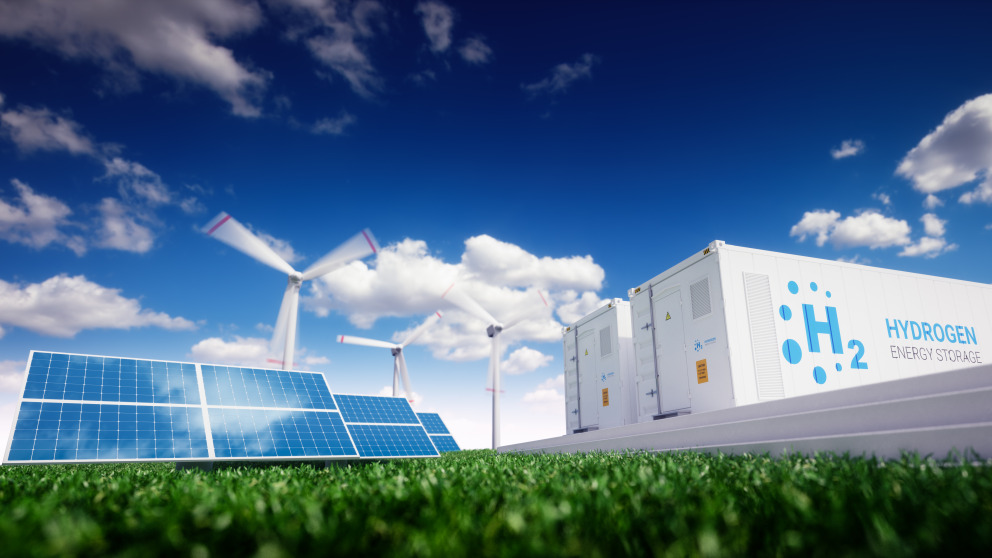Hydrogen and the Energy Transition: An Issue for Foreign Policy
16.03.2020
Hydrogen and hydrogen-based synthetic fuels (so-called e-fuels) are a hot topic in current energy policy debates. On 18 March 2020 the German government will present its National Hydrogen Strategy. Meanwhile, the European Commission is exploring the idea of establishing a European Hydrogen Alliance as part of its industrial strategy for the European Union. Most of Germany's hydrogen needs will be met through imports for the foreseeable future. In light of this, the IASS and the Federal Foreign Office invited experts from various federal ministries, industry, civil society and science to discuss Germany’s "hydrogen foreign policy".

Green hydrogen produced using renewable energy technologies could significantly reduce CO2 emissions from the steel and chemical industries, for example. Hydrogen and e-fuels could also make an important contribution to the reduction of emissions from long-distance and heavy-duty transport by air, water, rail and road. In the long term, seasonal electricity storage could also be an important field of application for green hydrogen.
Given the wide range of possible applications, the assembled experts were unanimous in their view that it is highly unlikely that domestic sources could meet this future demand. Accordingly, there is a clear need for a certification scheme for green and low-carbon hydrogen. This will require the development of credible sustainability criteria to ensure that green hydrogen is indeed 'green'. While there was broad agreement on this goal, how it might be achieved was the subject of heated debate.
At the same time, it became very clear in the discussion at the Federal Foreign Office that the interests of hydrogen exporting countries must also be taken into account, in particular with respect to their wishes to secure a safe and clean energy supply and provide skilled employment opportunities. Disregarding the social context of the exporting countries or adopting a neo-colonialist attitude could easily torpedo Germany's hydrogen dreams.
The participants agreed that policymakers must take the entire value chain into account. Transport, for example, is a critical issue. For cost reasons pipelines are the most likely solution and this in turn will present political challenges. When it comes to foreign policy, energy policy issues are closely linked to matters of geo-strategic and security policy.
For the German economy, the emerging global hydrogen economy holds opportunities for the manufacturing and export of equipment necessary for the production and use of hydrogen as well as promising access to more affordable hydrogen. The discussion also showed that, alongside electricity costs, the cost of capital is likely to play a key role in hydrogen production in potential exporting countries. Clear statements by stakeholders on the anticipated quantity of hydrogen imports would reassure producers and encourage investment.
Despite all this enthusiasm, the experts were clear: hydrogen is no golden goose and it is not going to solve all our problems. On the contrary, from a foreign policy perspective, excessive or unrealistic expectations could imperil the emerging hydrogen economy by setting the stage for inevitable disappointments. Instead, a number of experts called for a more straightforward and pragmatic approach.

